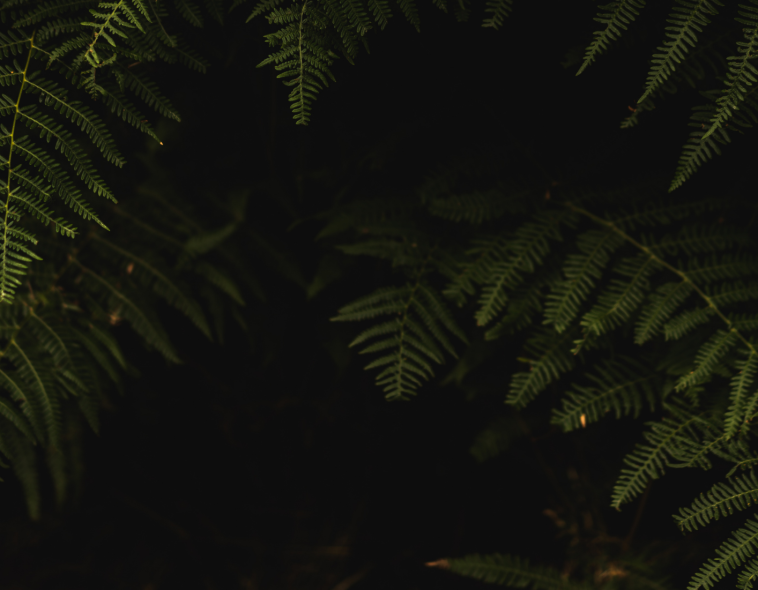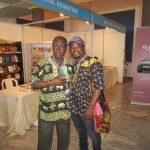When one is lucky enough to find a good vantage point, they can see the numerous interlocking hills all at once while in Kimbejja Village. With extra vigilance, one would be able to tell which ones are nearer and which ones are further ahead by the varying levels of blurriness underlying the difference. The village is tame, and the environment is sedate; it’s almost impossible to imagine that one is only 45 minutes from the capital city.
Some hills are blanketed by commercial woodland, others by houses punctuated by sections of commercial woodland, and others have fields and bushes that lead to hilltops with telephone masts on them. One who has lived in the bustle and hustle of the city quickly finds out that life moves at a much slower pace in these parts of the country. And that can be a good or bad thing – good because all of a sudden, you see the opportunity to lay back and connect with nature, and bad because you wonder for how long you’ll be there before you ask yourself how much more boring it can get, that time when you begin to demand the chaos of the city.
But for a moment while there, you get to realize that the suicidal motorists of the city are nowhere to be seen. You realize that the few available motorists are personalized transporters, known and liked by the community in equal measure; they handle everyone’s transportation needs and are local riders, not passing through. One who has been born here and never leaves would receive a shock of their lives if they knew what goes on exactly 45 minutes from here.
When you first come by, the smiling locals will tell you not to get shocked if you see a monkey, but an hour in, you’re disappointed you are yet to see one. The one thing you can’t get enough of is the green, as it’s everywhere, and you quickly find out from your host that the pathway to the house is the last destination, and whoever builds next to the house will create a new path. Then you realize that’s how these paths come about.
The air is heavenly, and the chorus of the day is the sound of birds – a plethora of species – twittering from tree to tree, doing celebratory dances in the maize plantation. These birds seem cultured, too; they don’t share the trauma of the city birds whose brains and ears have been battered by the noise that also drowns out their sweet melodies. If it’s not your host, the only human voices you hear are monosyllabic tones that rarely receive a response. But even that is once every three minutes or so.
Soon, you get used to the bird sounds that are ever-present and play a chorus that is locked into your subconscious and sooner becomes a part of you. Hours later, you are still disappointed that there is no monkey in sight, and your hopes wane. Then you turn your gaze to the birds that fly and perch too close to you without any fear of who you are and what a simple movement of your hand towards their direction can do to them. Then you realize it’s the people in the place that have cultivated the harmony, and coincidentally, they have made the birds trust them as a result.
Three hours in, no monkey still, but birds still create a show to savor. The grunting of the pigs is steadily noisier; someone seems to be working a machine from a distance, far off. You soon realize that when a place is silent, sounds can be heard from distances as far as kilometers; this theory is confirmed by the fading sound of the public address system from a market you passed by a while ago.
It’s all breathtaking – the change, the magnificence of it all, the majesty of the hills, how time stands still. But four hours in, you know it’s time to get back to the noise. You’re now certain the monkey won’t appear, so you make a mental note that says, “Next time.”
This post was created with our nice and easy submission form. Create your post!




